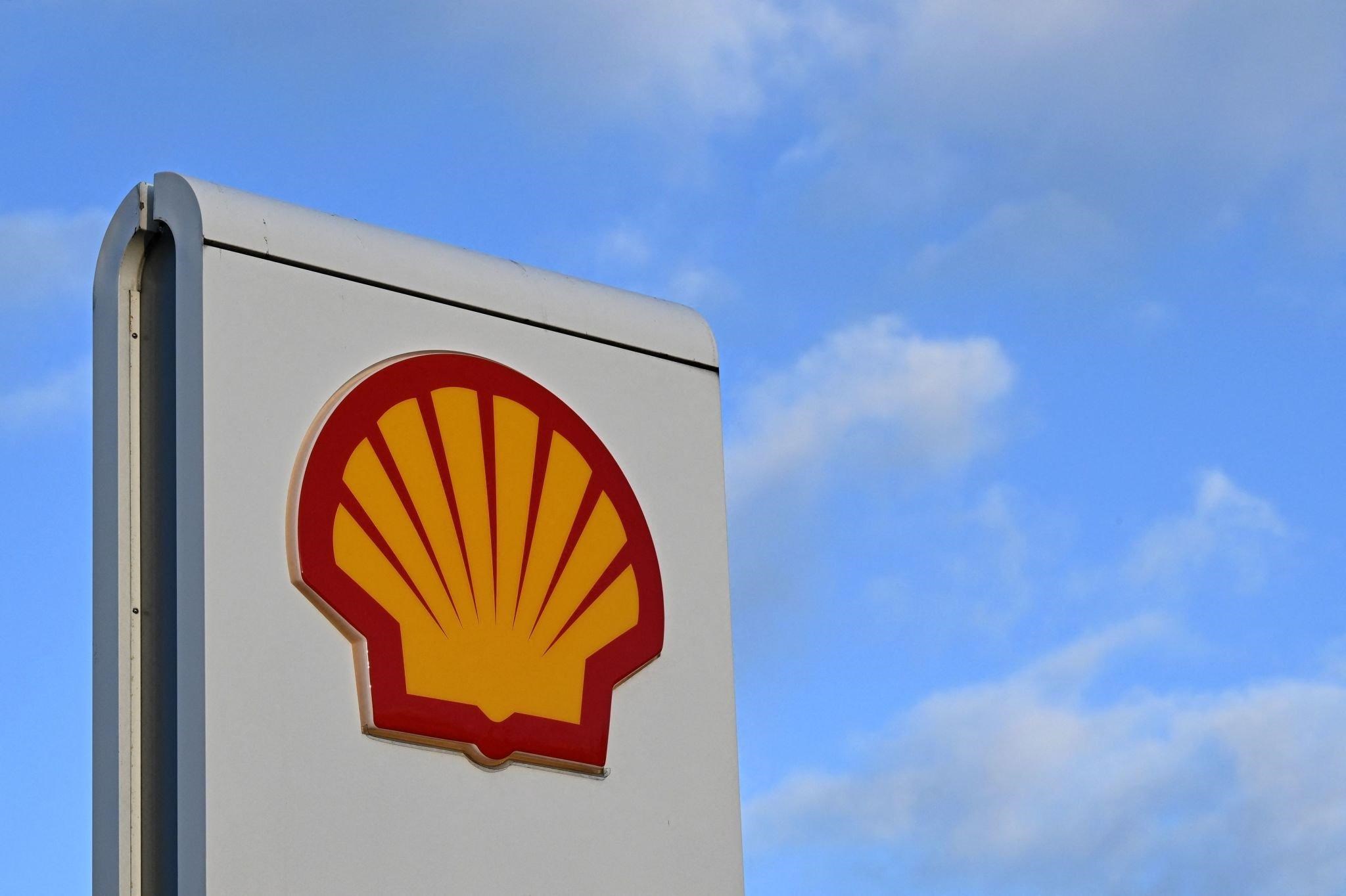Shell inks multi-billion dollar LNG deal with Morocco
Representatives of Morocco's national electricity authority and those of Shell signed the contract on Friday in Rabat.
-

A Shell logo is seen outside the Royal Dutch Shell gas station in Gateshead, England, January 31, 2023 (AFP)
Oil and gas company, Shell, has signed a multi-billion deal to provide Morocco with liquefied natural gas (LNG) over a period of 12 years, Morocco's Energy Ministry announced.
The value of the deal remains undisclosed; however, it was revealed that Shell will sell 6 billion cubic meters of LNG to Morocco, with a yearly supply of 500 million cubic meters until the contract expires.
In the first few years, Shell will send LNG through Spanish ports and the Maghreb-Europe Gas Pipeline (GME). According to AFP, the company will then deliver the rest of the agreed-upon amounts through future Moroccan LNG terminals.
Representatives of Morocco's national electricity authority and those of Shell signed the contract on Friday in Rabat, according to the Ministry's statement.
After neighboring Algeria cut off energy supplies from Morocco in November 2021 due to multiple disputes, that include Morocco's involvement in normalization talks, the country has sought to find other sources of energy to make up for shortages caused by the incident.
According to the national electricity authority chief, Abderrahim El Hafidi, the deal with Shell will "address part of our needs and ensure the supply of natural gas to our power plants."
Read more: 'Israel', Morocco and Western Sahara; it's deeper than we thought: MPN
Shell accused of greenwashing
Earlier in June, Britain's Advertising Standards Authority (ASA) issued a ban on Shell's ads that promoted environmental initiatives while remaining a major polluter itself.
Many activists have praised the ruling as putting an end to corporates' attempts at fossil-fuel greenwashing.
On their part, Shell said the decision is short-sighted and could stifle the transition towards clean energy in the UK.
The ads which advertised clean energy technology like electric car chargers and renewable electricity supply for households were assessed to be misleading because they seem to gloss over the extensive pollution which Shell causes: the ads misrepresented Shell as a low-carbon company rather than one which makes the most of its profits off of selling the fossil fuels.
"[The ads] gave the overall impression that a significant proportion of Shell’s business comprised lower-carbon energy products," ASA said.
Despite taking initiatives to develop a transition into clean energy like building offshore wind farms and electric car chargers, Shell remains predominantly a fossil-fuel company.
Back in February, Shell directors were sued over the company's climate policy, which the plaintiffs argue is insufficient to meet climate commitments and puts the corporation in danger as the globe shifts to clean energy.

 3 Min Read
3 Min Read








